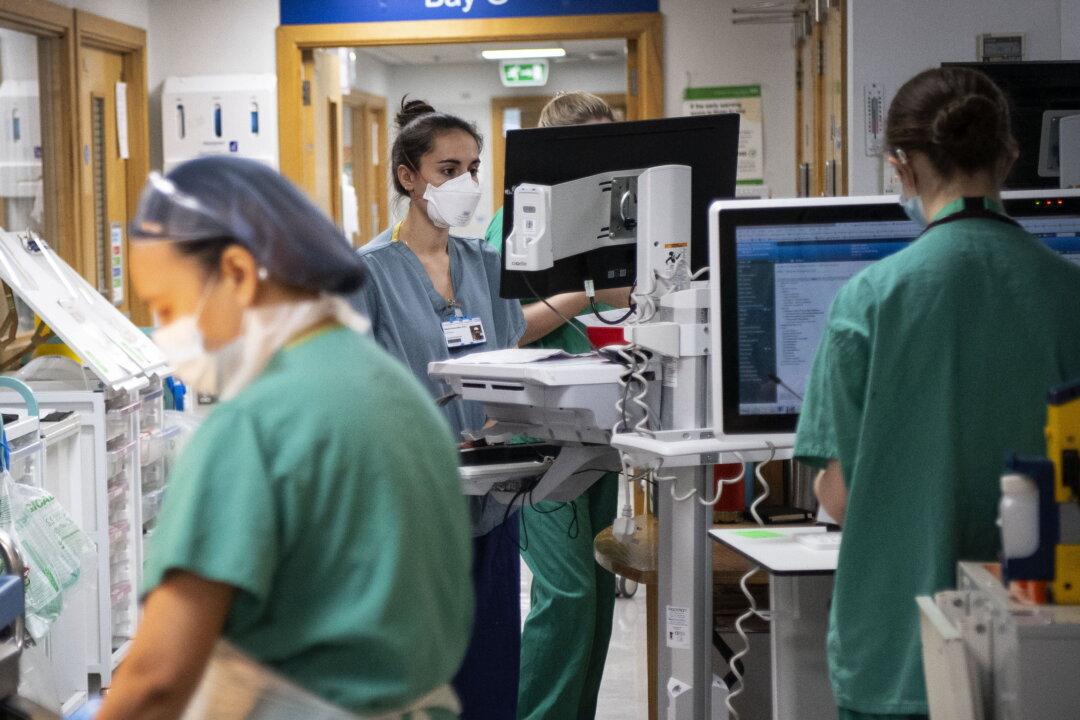The UK government has been urged to “get a grip” on the crisis in England’s hospitals amid claims that up to 500 people per week are dying because of delays with emergency care.
The president of the Royal College of Emergency Medicine (RCEM), Dr. Adrian Boyle, told Times Radio: “What we’re seeing now in terms of these long waits is being associated with increased mortality, and we think somewhere between 300–500 people are dying as a consequence of delays and problems with urgent and emergency care each week. We need to actually get a grip of this.”





